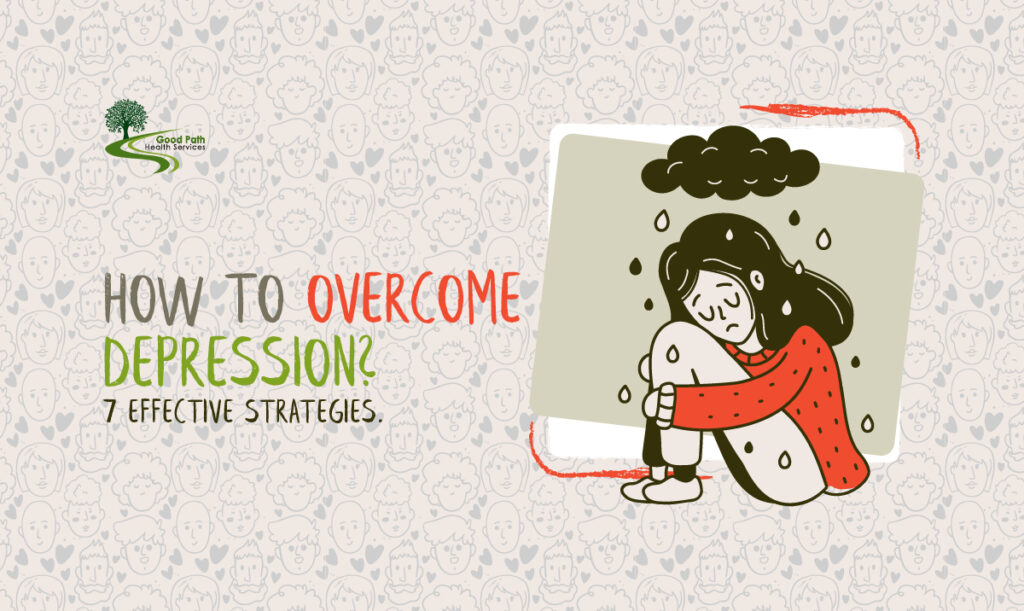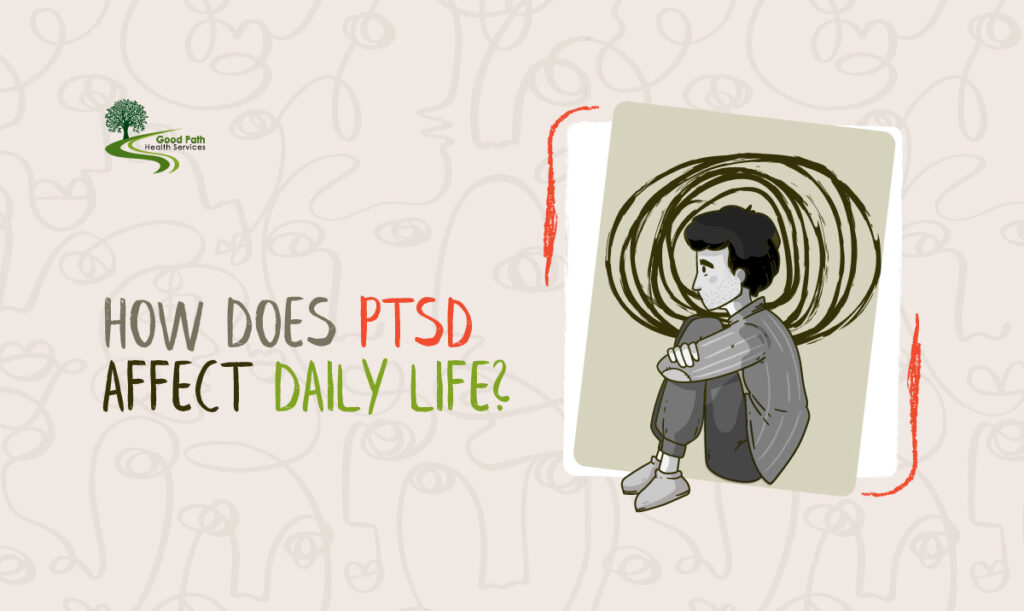
Eating disorders are complex psychological conditions that can have serious consequences for health, productivity, and relationships.
Young adults, in particular, are at a higher risk because of the various pressures they face, including body image ideals projected by media and peer groups.
But how do you know if you have an eating disorder?
Being aware of the signs of an eating disorder in oneself or someone else is an important step in obtaining the help and support one needs.
Here we will look at the often misunderstood nature of eating disorders and provide guidance on self-awareness and help.
What are Eating Disorders?
Eating disorders are mental health conditions associated with unhealthy eating habits.
Different symptoms can be associated with different conditions.
The most prevalent eating disorders are:
1. Anorexia Nervosa
Anorexia is defined by an intense fear of gaining weight and a distorted body image.
This leads to self-starvation and, in really severe cases, it can even cause life-threatening complications.
There are also anorexia subtypes, for instance:
- Restricting type.
- Binge purge anorexia.
2. Bulimia Nervosa
Bulimia involves a cycle of eating large amounts of food in a short period, then forcefully trying to rid oneself of the extra calories by inappropriate means like vomiting or over-exercising.
3. Binge-Eating Disorder
The victims of binge-eating disorder lose control over their eating and consume very large amounts of food in a short period.
They may also eat rapidly and continue to eat when they are full.
The nature of these disorders is such that people go to great lengths to hide their symptoms for fear of judgment or out of a deep sense of shame.
Still, it’s important to understand and be aware of the signs and symptoms of these disorders in order to intervene.
How Do You Know if You Have an Eating Disorder? – Symptoms of Eating Disorders
Physical Signs
- An abnormal weight loss or fluctuation
- Dizziness, fainting, or constant lightheadedness
- Feeling cold all the time, even in warm conditions
- Noticeable fluctuations in energy levels
- Difficulties concentrating or focusing
Behavioral Cues
- Obsession with body weight and shape
- Changes in eating habits, such as restricting certain foods or avoiding mealtimes
- Developing rituals around food and eating
- Exercising excessively despite fatigue, illness, or injury
- Wearing loose or baggy clothing to hide weight loss
Emotional and Psychological Patterns
- Hypercritical about body shape
- Avoiding meals or social situations involving food
- Mood swings or irritability related to eating habits
- Persistent concern about others’ perceptions of one’s body
- Depression or anxiety specifically linked to perceived body “flaws”
It can be helpful to recognize these signs if you or someone you care about is battling an eating disorder.
Encouraging open conversations around food, body image, and mental health can make those in need feel safe reaching out for help.
Self-Assessing Eating Habits and Body Image
Engaging in self-assessment can provide an honest understanding of one’s relationship with food and their body.
Here are some questions to think about:
Eating Habits
- Do you regularly eat large amounts of food, feel out of control over your eating, eat rapidly, and/or eat when you’re not hungry?
- Are you always dieting even though you are thin, or usually find yourself changing meal plans because you feel guilty after eating?
- Do you learn about new “healthy” foods or ways to be “healthier” too often?
Body Image
- How often do you think about your appearance in a day?
- Do you constantly compare your body to others in a negative light?
- How do you feel when looking at yourself in a mirror?
Being honest with oneself is an important part of figuring out if disordered behaviors and thought patterns are the cause.
Getting Professional Help
When you identify any of the indications or actions which are linked to eating disorders in either yourself or any person that you know, it is important for people to seek professional help.
1. Diagnosis and Treatment Plans
A healthcare professional, a PMHNP, psychologist, psychiatrist, or licensed counselor, will use several methods to diagnose an eating disorder.
It can involve a thorough diagnostic evaluation of symptoms, physical examination and probably laboratory tests.
To get help and treatment please contact us at Good Path Health Services.
2. Support and Resources
There are several resources available for those diagnosed with an eating disorder such as treatment centers, support groups and hotlines.
People need to be felt supported and that assistance is readily at hand.
Please refer to our community resources page for a list of organizations and hotlines that can provide help.
The Recovery Process and Support
Every individual’s recovery process varies and generally consists of different approaches e.g., medical care, dietary advice, counseling services as well as reliance on family friends among others.
1. Support Networks
A good support system is very helpful in healing. This may come from your family, friends, support groups or online communities.
2. Self-Care and Healthy Relationships with Food
Learning to care for oneself and building healthy relationships with food is a long but essential part of the remission process.
This includes developing a balanced relationship with food and showing kindness to oneself.
3. Motivation for Seeking Help
It’s common for people to deny or downplay the severity of their symptoms.
Being aware of the need for help and taking the appropriate steps are an act of courage and self-care.
A Final Note
Educating oneself on the signs and symptoms of eating disorders is essential for early recognition and intervention.
A professional’s help and building a strong support system can be the turning point for getting better.
If you or someone you know has disordered eating habits, know that support is available.
Please visit Good Path Health Services for support and guidance.
Resources and References
For more information, support and guidance about eating disorders we recommend taking a look at these resources and references.
- National Eating Disorders Association (NEDA) – Offers comprehensive information, resources as well as helpline service for people affected by eating disorders.
- Eating Disorder Hope – Offers education, support, and inspiration to individuals with eating disorders, their loved ones, and eating disorders treatment providers.
FAQs
What are warning signs of anorexia?
- Rapid weight loss
- Obsession with calories
- Avoiding meals
How can I recognize an ED recovery sign?
- Better mood
- Stabilized eating patterns
- Less focus on body image
Why is anorexia nervosa awareness important?
To:
- Prevent health issues
- Support early treatment
- Save lives
How to tell someone you have an eating disorder?
Choose a comfortable moment and be honest about your struggles.
What if my friend has an eating disorder?
Support them non-judgmentally and encourage them to get professional help.
Is feeling guilty after eating an eating disorder symptom?
Yes consistent guilt after eating can be a sign of an ED.
Which of the following is NOT a characteristic of anorexia?
Preoccupation with eating healthy food is not exclusively an anorexia trait.
How to know if I have an ED?
Persistent unhealthy thoughts about eating, weight, and body image may be signs.
Why is awareness for eating disorders important?
Increases understanding, reduces stigma, and encourages healthy approaches to food and body image.



